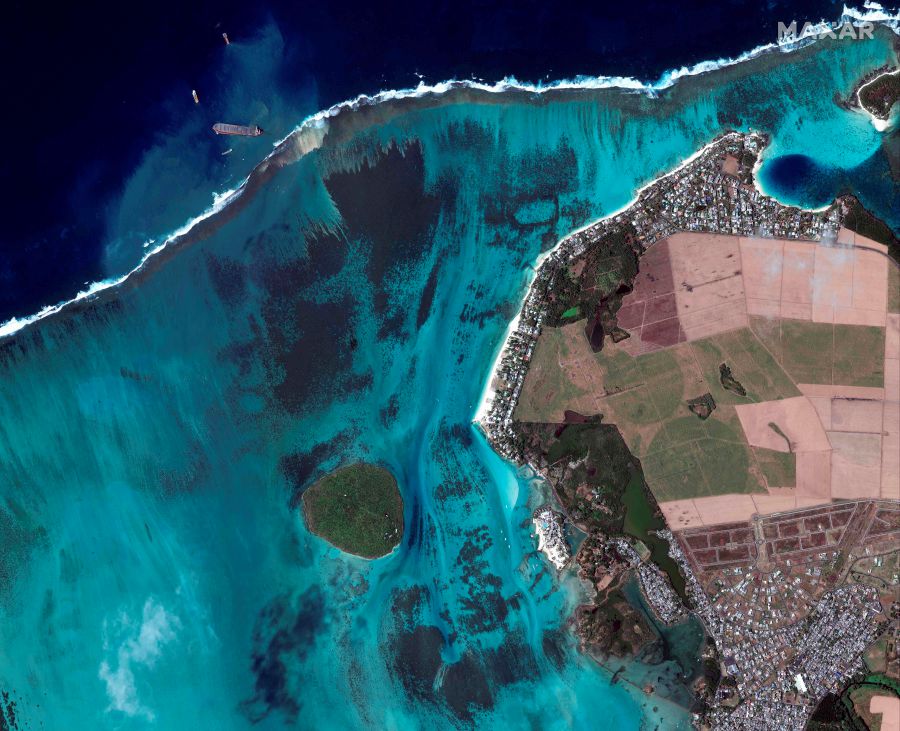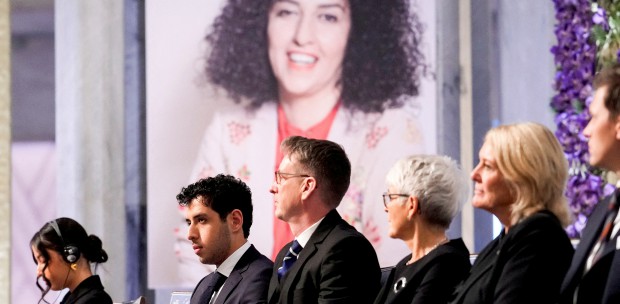IN a lecture in Kuala Lumpur on March 9, distinguished professor Rita Colwell underlined the need for Malaysia's scientific community to "step up and speak truth to power", in particular with respect to climate change, biodiversity loss and plastic pollution.
Speaking at UCSI University's International Institute of Science Diplomacy and Sustainability, she stressed those issues as the most profound among the many identified among the 17 Sustainable Development Goals.
She called on Malaysian scientists to stand up for what's right, respectfully but clearly telling people in charge what's what based on evidence-based knowledge.
Colwell recalled her own service to the United States White House through an infamous incident: British Petroleum's (BP) Deepwater Horizon Oil Spill of 2010. An explosion on the Deepwater Horizon oil rig in the Gulf of Mexico that year resulted in the largest spill in the history of marine oil drilling operations.
Eleven workers were killed, and over the next three months, an estimated 134 million barrels of oil flowed from the damaged well. As science envoy, Colwell recalled conveying an overwhelming volume of information to then US president Barack Obama, who acted swiftly, focusing on the government's all-out response to the immediate crisis, the steps to avoid another such crisis and the longer-term crisis of America's fossil fuel reliance.
Science played a key role in that situation. Remote imaging of the failed blowout preventer, stress testing containment devices and other high-tech tasks helped halt the disaster.
A subsequent three-year survey catalogued the harm to animals, beaches, coral, fish and marshes, and estimated that as much as US$17.2 billion in damages were inflicted on the Gulf. Scientific information was key to understanding the disaster's origin, and the many post-disaster steps needed to prevent a recurrence.
And BP paid a steep price for the Gulf oil spill's damage, as documented by scientists: more than US$60 billion were levied in criminal and civil penalties, natural resource damages, economic claims and clean-up costs.
"Speaking truth to power" is just another manifestation of the science-policy nexus. We try to promote a dialogue between the knowledge generators (researchers and academics) and political leaders and decision- makers in the civil service and the corporate sector to encourage the latter group to make sound decisions grounded in evidence-based knowledge provided by the former group.
Sadly, this happens all too infrequently. Academics are still content to confine themselves in the ivory tower. Many well-researched reports and recommendations developed by august bodies like the Academy of Sciences are left to get dusty on the racks of libraries and archives.
In recent times, bodies have been established to provide this bridging role. The International Network on Government Science Advice, founded by Sir Peter Gluckman of New Zealand in 2014, is an early example.
On a larger scale, the newly constituted International Science Council (ISC), comprising 230 organisations, resulted from the 2018 merger of the International Council for Science and the International Social Science Council.
The Academy of Sciences Malaysia is a member of the ISC. The vision of the ISC is to advance science as a global public good.
Two effective global platforms for science-policy dialogues are the Nobel Peace Prize-winning Intergovernmental Panel on Climate Change and the Nobel Peace Prize-nominated Intergovernmental Science-Policy Platform on Biodiversity and Ecosystem Services.
It is encouraging these days too to learn of the recent creation of a "Group of Friends on Science for Action" at the United Nations headquarters in New York to help member states use science to solve sustainability problems.
There has been criticism that such an initiative within a huge bureaucracy like the UN may just be a drop in the ocean, especially if it is led by the president of the General Assembly, who holds office on an annual basis. Nevertheless, it is worth a try.
We need to develop a robust mechanism like the running of a successful airline: pilots can come and go, but a well-oiled aircraft would ensure that the business keeps on flying.
The writer is founding director of IISDS at UCSI University, and the fifth holder of Tun Hussein Onn Chair on International Studies at ISIS, Malaysia. He is also the founding chair of IPBES






